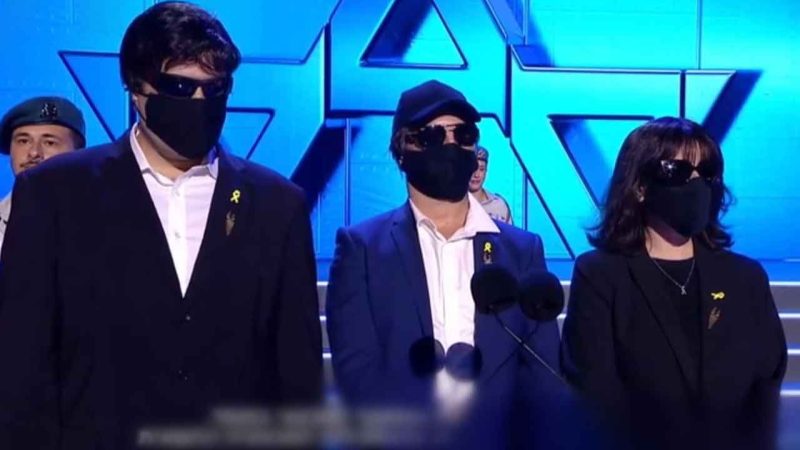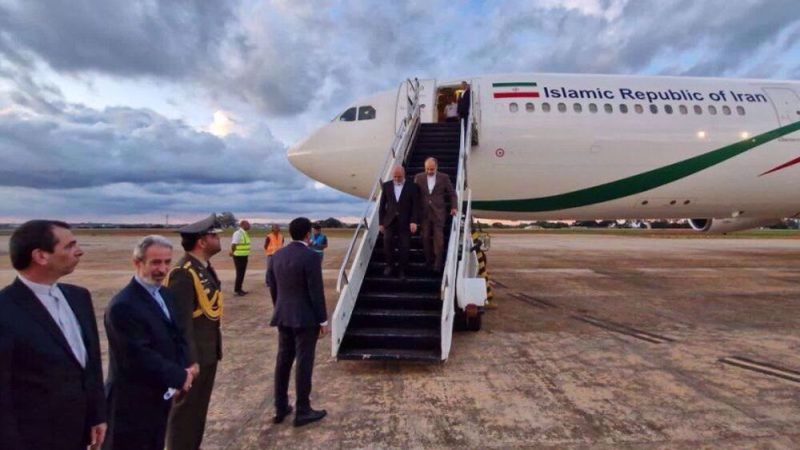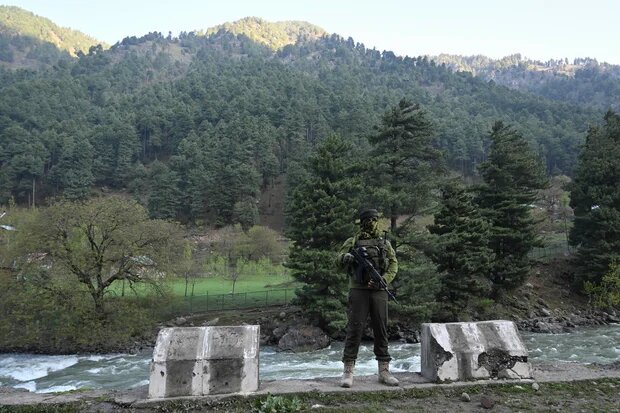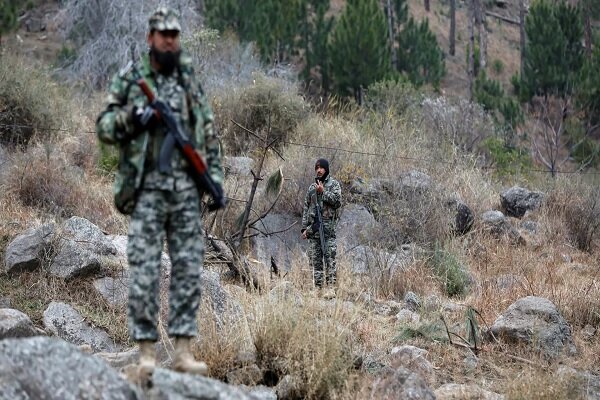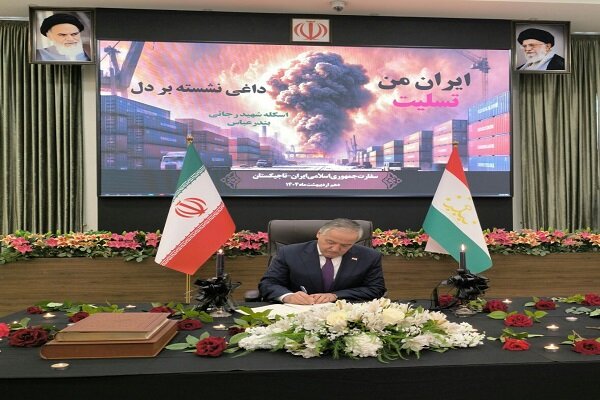Iran: French threat to reimpose sanctions is 'economic blackmail'
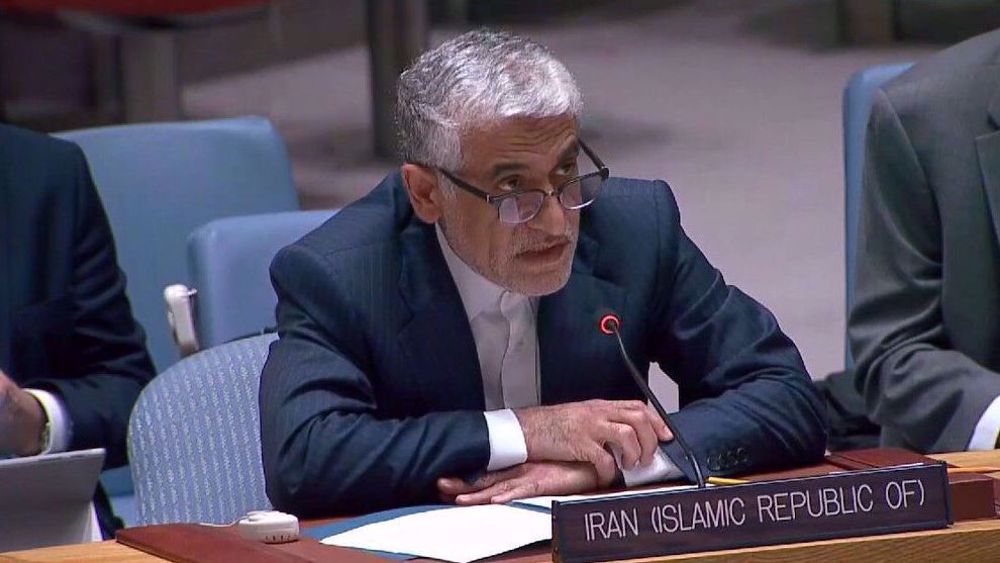
Iran’s ambassador to the UN has lambasted the French foreign minister’s open threat to reimpose sanctions lifted under a 2015 deal on Tehran’s nuclear program.
“Resorting to threats and economic blackmail is entirely unacceptable and represents a clear breach of the principles enshrined in the UN Charter,” Amir Saeid Iravani wrote in letters to UN chief General Antonio Guterres and Security Council head Jérôme Bonnafont.
French Foreign Minister Jean-Noel Barrot said on Monday that his government along with Germany and Britain “will not hesitate for a single second to reapply all the sanctions” lifted a decade ago if European security is threatened by Iran’s nuclear activities.
Iravani said France’s threat to trigger the so-called snapback mechanism despite its own failure to honor its commitments contradicts the fundamental principles of international law that preclude a party from claiming rights under an agreement while simultaneously failing to fulfill its obligations.
“Such an action is legally and procedurally flawed, unacceptable, and invalid, and would undermine the credibility of the Security Council,” he added.
The snapback mechanism is triggered simply by the assertion of significant non-compliance on the part of a participating state, a prerogative the West might abuse based on its accusations.
Iravani further reaffirmed Iran’s commitment to diplomacy and constructive engagement, but “genuine diplomacy cannot be conducted under threats or pressure”.
“If France and its partners are truly interested in a diplomatic resolution, they must abandon coercion and respect the sovereign rights of States under international law.”
Iravani said France’s credibility on non-proliferation is fundamentally undermined by its own record as it continues to modernize and expand its nuclear arsenal, remains silent about, and is complicit in the Israeli regime’s undeclared nuclear weapons program.
France has also yet to fulfill its disarmament obligations under Article VI of the Treaty on the Non-Proliferation of Nuclear Weapons (NPT), he added.
The ambassador rejected the French foreign minister’s accusations that Iran sought to acquire nuclear weapons,
“Allegations that Iran is ‘on the cusp’ of developing nuclear weapons are entirely unfounded and politically irresponsible. The Islamic Republic of Iran has never pursued nuclear weapons, and its defensive doctrine has not been changed,” Iravani said.
“Iran unequivocally rejects all weapons of mass destruction (WMDs), including nuclear arms,” he said. “As a founding member of the Treaty on the Non-Proliferation of Nuclear Weapons (NPT), Iran remains fully committed to its obligations under the treaty.”
The International Atomic Energy Agency (IAEA), he said, “continues to monitor and verify the peaceful nature of Iran’s nuclear program. Its reports have consistently verified that there has been no diversion of nuclear material for non-peaceful purposes.”
Barrot’s allegations about Tehran’s peaceful nuclear program reflect either a fundamental misunderstanding or deliberate distortion of Iran’s legal rights under international law, Iravani said.
The claims also demonstrate a selective interpretation of facts and exemplifies a persistent pattern of double standards by a country that bears specific responsibilities as a permanent member of the Security Council, he added.


